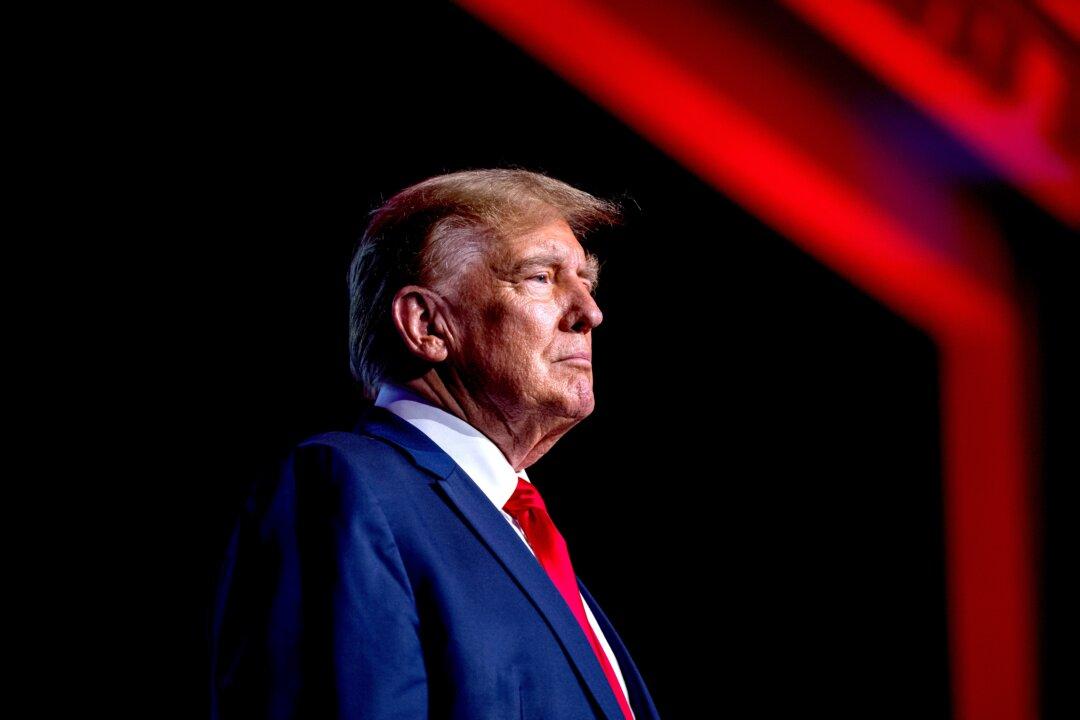Gary Giulietti, an executive with the largest privately held insurance brokerage firm in the world, said the bond required of former President Donald Trump is very rarely issued by surety companies, making it a “practical impossibility” to obtain.
Mr. Giulietti, president of the Northeast region for the Lockton Companies, is one of four insurance brokers that Trump attorneys say have been retained to get the $464 million bond while he appeals his civil fraud verdict.





